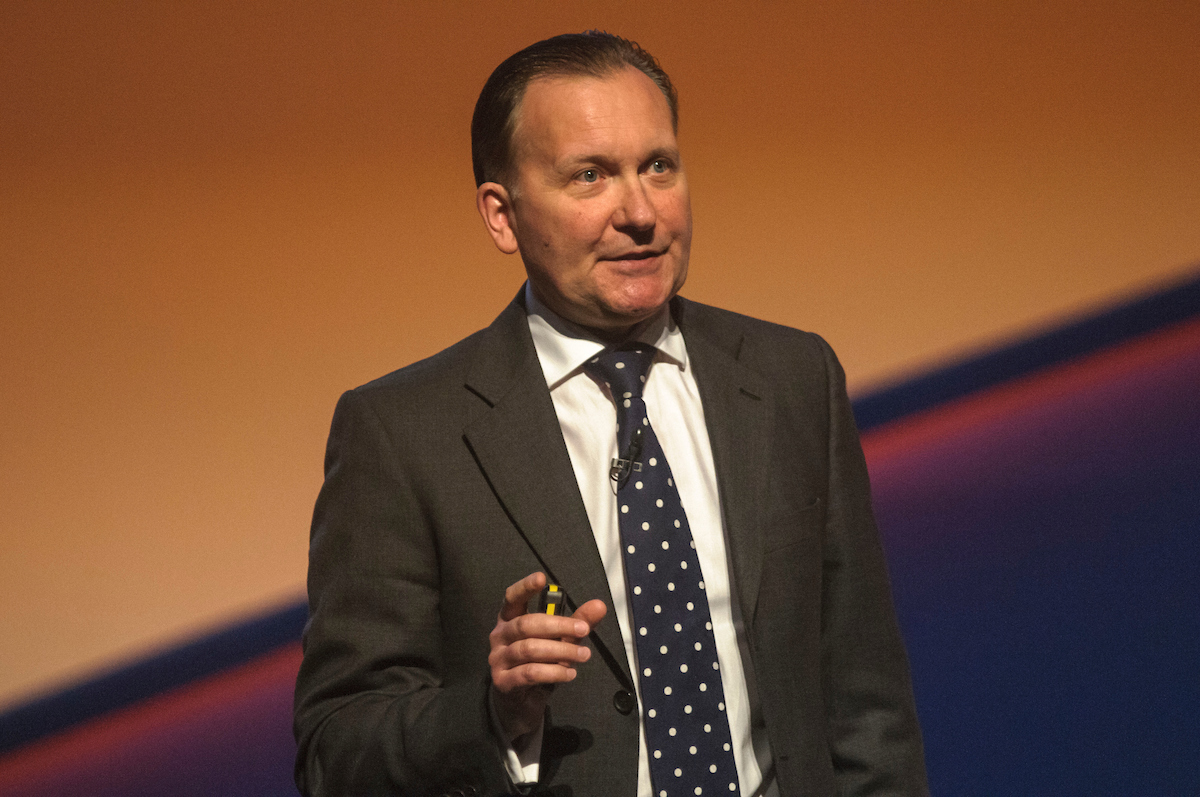Conduct: “Police officers do not go out to do a bad job.”
POLICE officers who make genuine mistakes should not be lumped in with the bad apples when it comes to discipline, the Police Federation of England and Wales’ annual conference has heard.
Vic Marshall, the Superintendents’ Association’s professional standards lead, said: “Police officers do an incredibly difficult and important job under very difficult circumstances. We won’t always get it right. That doesn’t make us bad people.”
Mr Marshall (pictured), who has also worked with the Home Office on discipline reforms, said it was “offensive” to compare officers who “try their best but don’t get it right” with the “sexual predators, corrupt and dishonest officers” that make up a “very small minority” at the other end of the scale.
He said: “I have been looking after people for 15 years and I recognise how many individuals have suffered under long investigations from IPCC and forces. They need to up their game to get this right.
“Police officers do not go out to do a bad job.”
The system needs to move away from a system of “blame and punishment” and towards a culture of “learning and development”, Phill Matthews, Chair of the Federation’s Conduct and Performance subcommittee, added.
“We think the system can become fairer, quicker and more effective for everybody.”
Inquiries are taking far too long with officers being under investigation for up to six or seven years. One officer died while under investigation, the annual conference heard on Tuesday.
“It is not unusual for investigations to be measured in years, not months. The current practices and delays cannot be good for anybody. Not the officers and not the public who pay the bill and suffer the loss of the officers involved. Justice delayed is justice denied.”
Craig Guildford, NPCC Lead for Conduct and Performance and Chief Constable of Nottinghamshire, added: “We are very good at identifying bad apples. But we are less good at singling out the people who simply do a bad job.
“We need to shift it towards learning and reflection and away from a punitive regime. There was a recent case in our force that went on for six years. And I could have predicted the outcome if I were sitting there six years ago reading the evidence.”
Dame Anne Owers, Chair of the IPCC, said said the commission has reduced the amount of time taken to investigate by three months over the past year and added that there are four forces who take longer on inquiries than the commission.
She added: “Yes, our investigations can take too long. I know that and you know that. But they do proceed more quickly the earlier we can get evidence from police witnesses, interviews and information. And that works to your benefit as much as to ours.”

